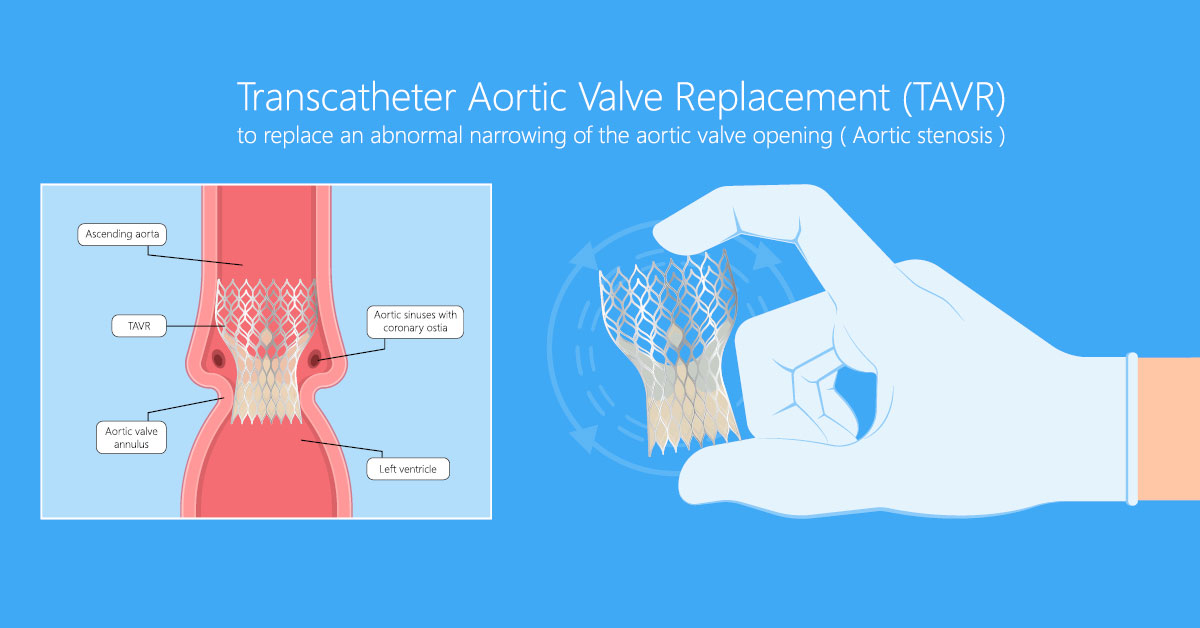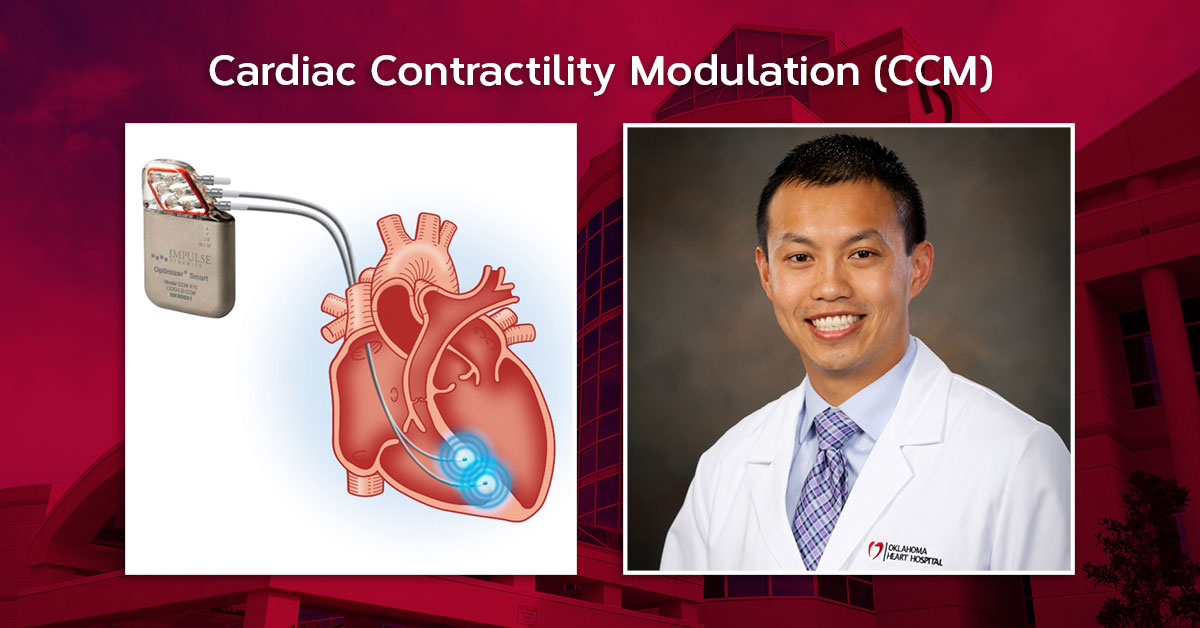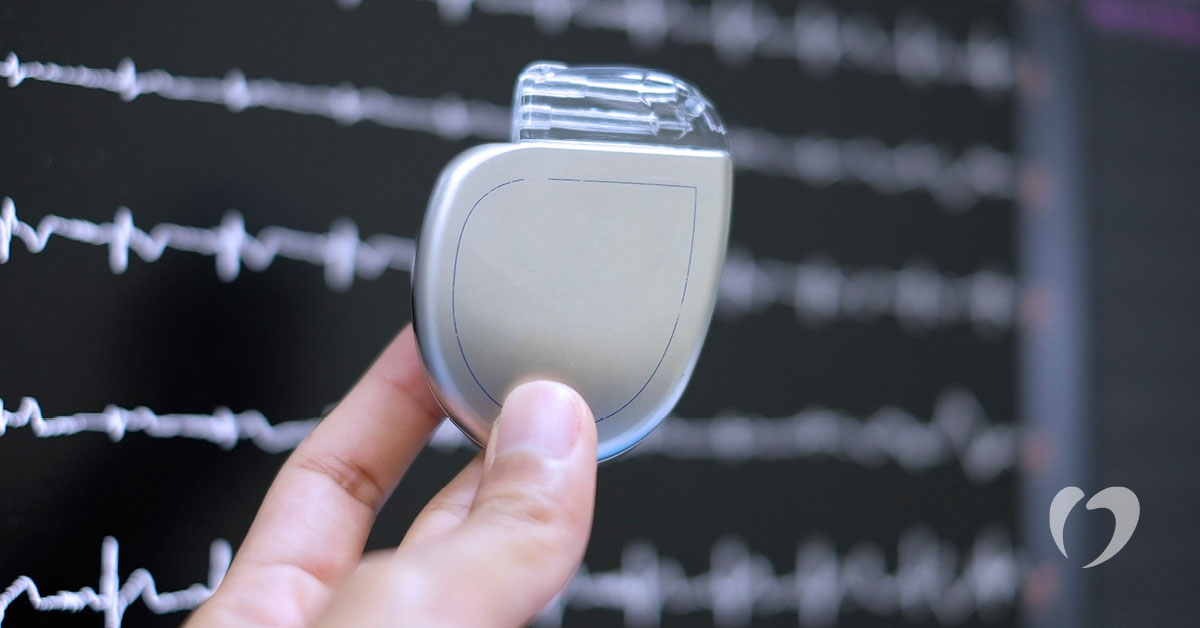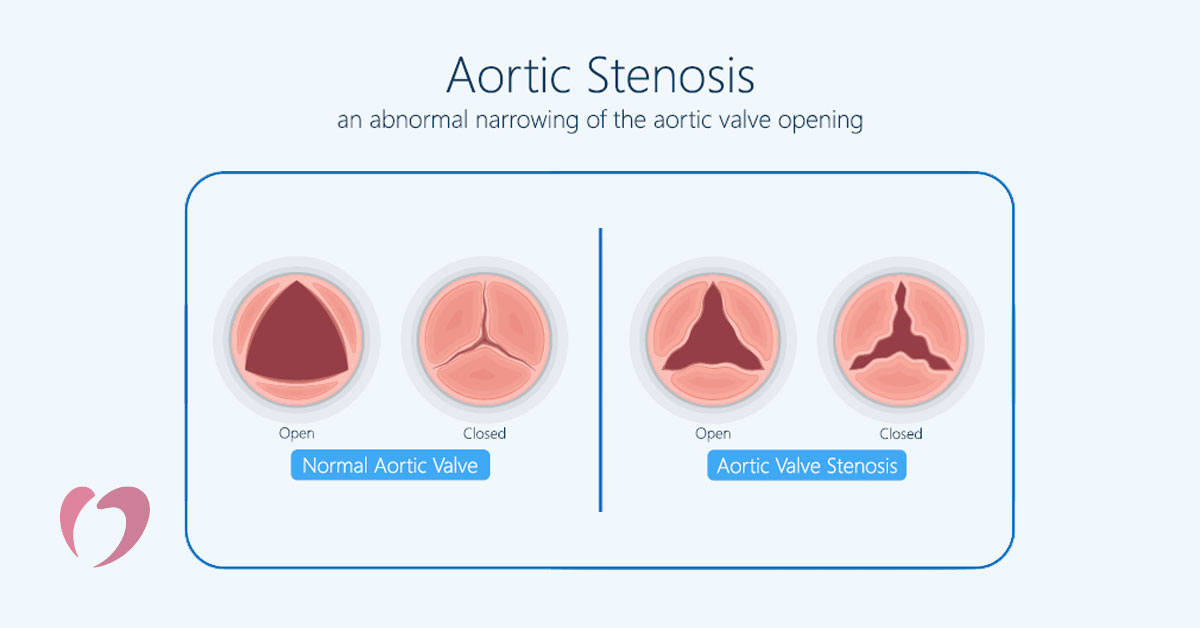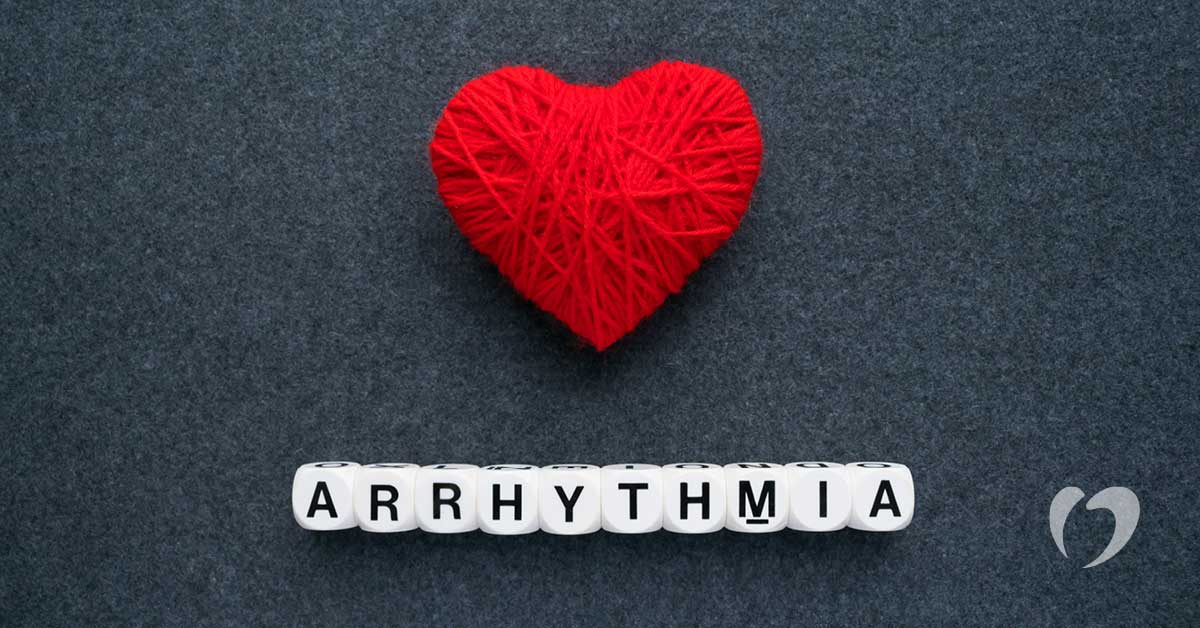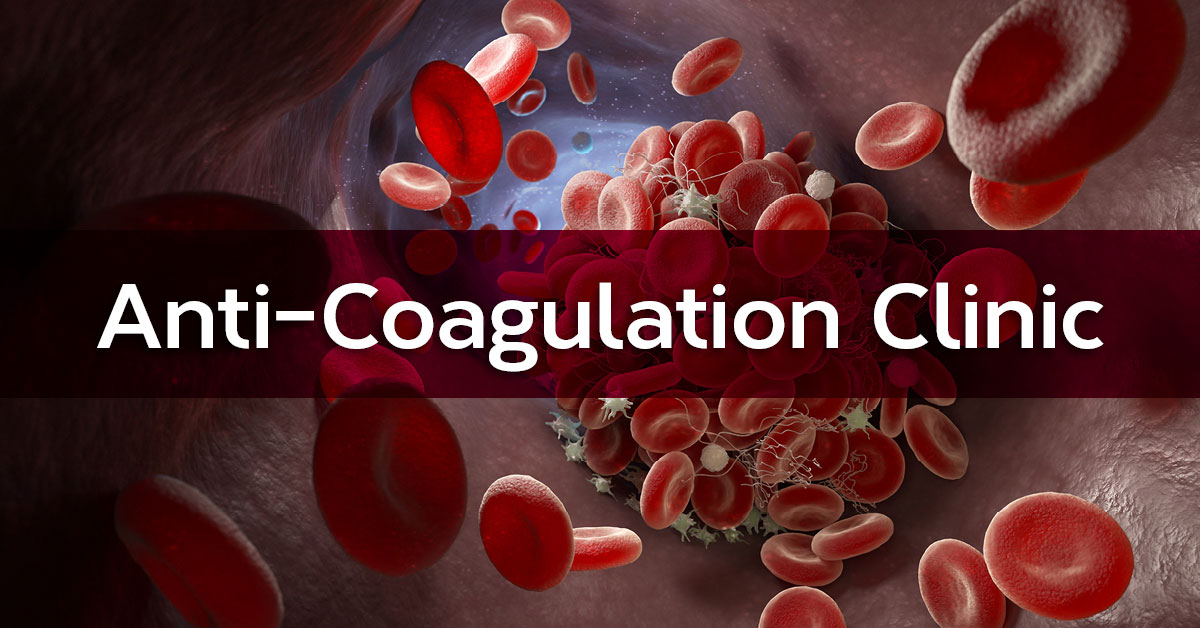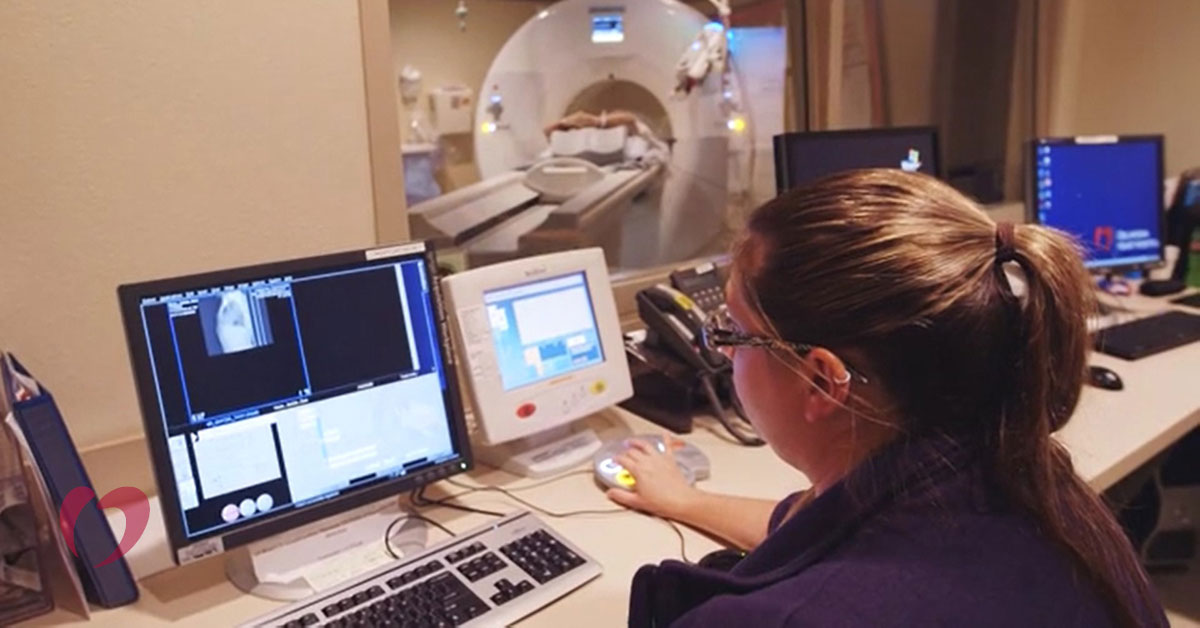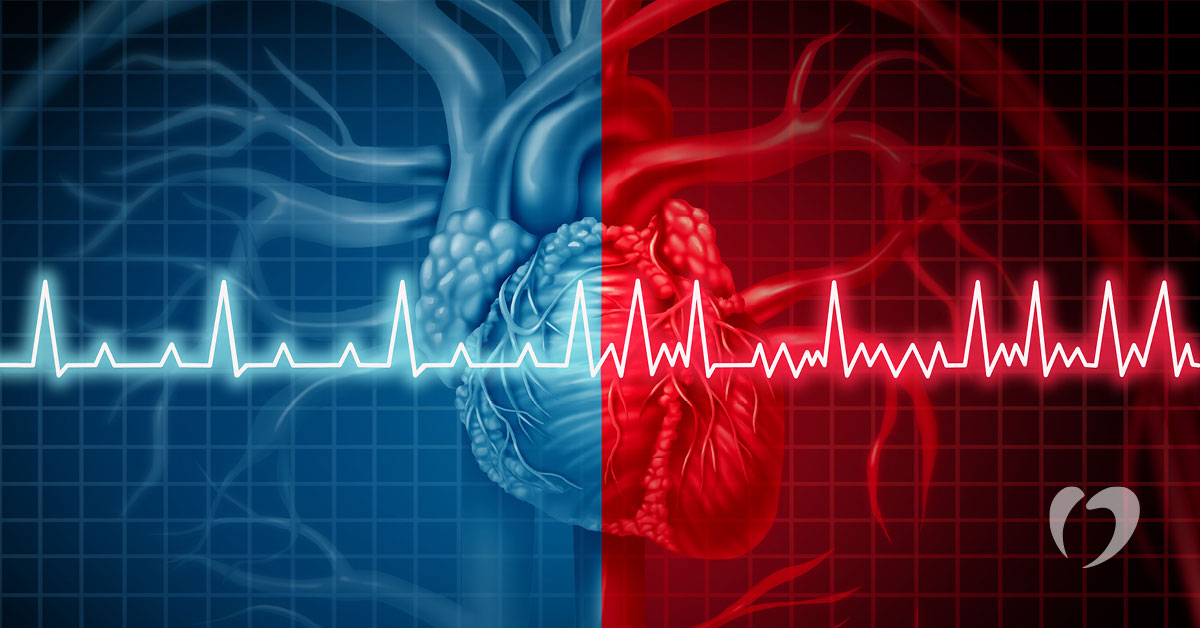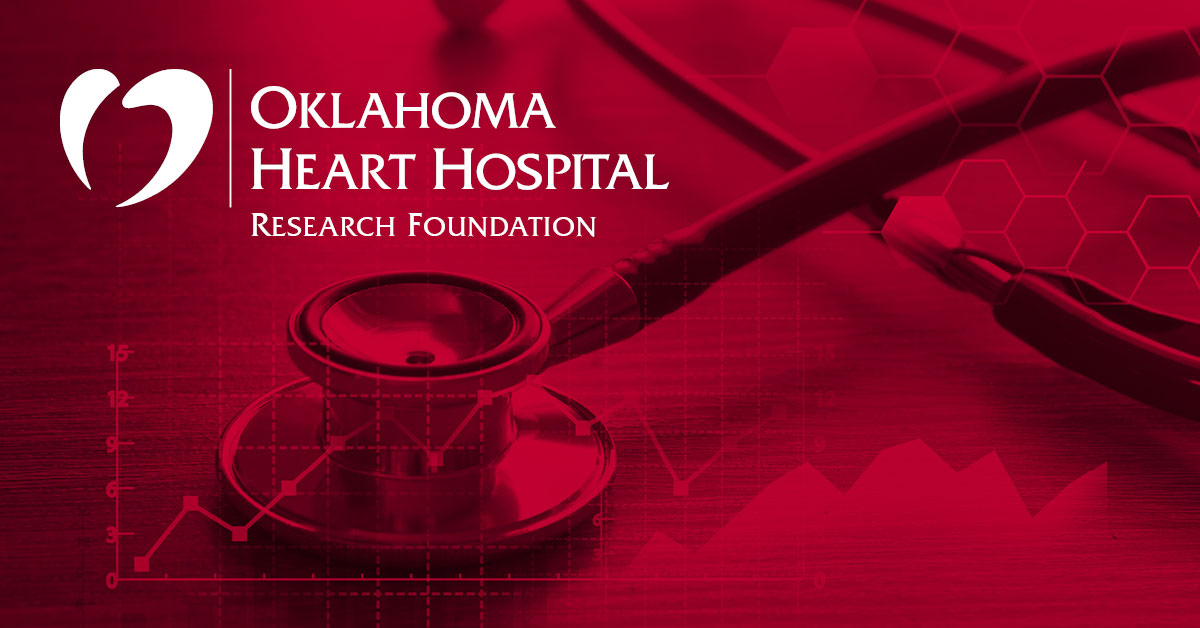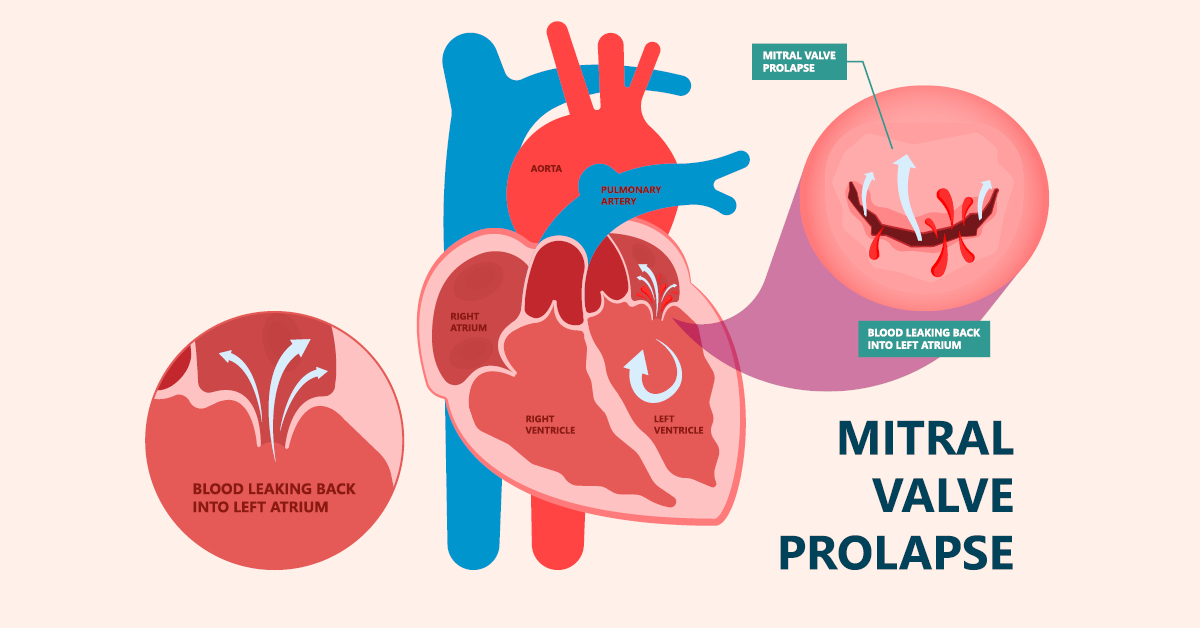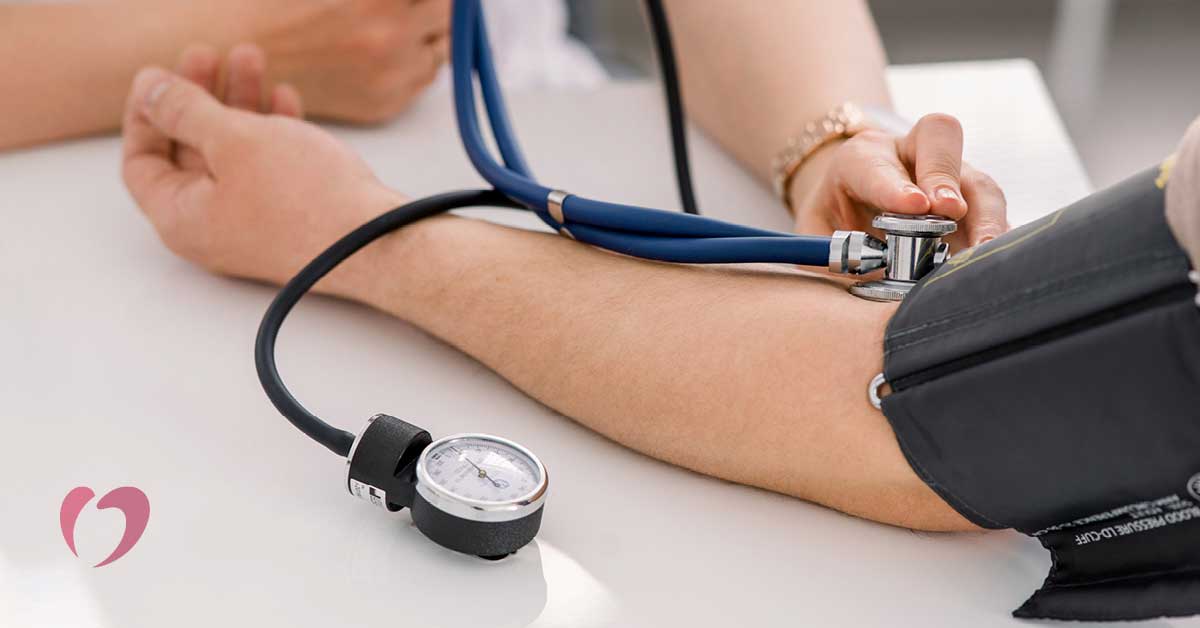Transcatheter Aortic Valve Replacement (TAVR)
Transcatheter aortic valve replacement (TAVR) is a minimally invasive procedure to replace a diseased aortic valve by inserting a replacement valve through a catheter, in much the same way a stent is placed in the heart.
Read MoreBoth Oklahoma Heart Hospital campuses Earn 2021 CHIME Digital Health Most Wired Recognition
ANN ARBOR, MI, October 7, 2021 – The College of Healthcare Information Management Executives (CHIME) is pleased to announce that Oklahoma Heart Hospital North and Oklahoma Heart Hospital South have earned 2021 CHIME Digital Health Most Wired recognition as a certified level 7. The CHIME Digital Health Most Wired program conducts an annual survey to […]
Read MoreHow Exercise Impacts Aging of the Heart
Age is one of the biggest risk factors for heart disease, but studies have shown exercise can help reverse some of the effects of aging on the heart.
Read MoreNew Device Offers Heart Failure Patients New Treatment Options
From the Seminole Producer – October 6th. 2021: Oklahoma Heart Hospital is among the first cardiovascular hospitals in the nation to deploy a new FDA-approved heart failure treatment designed to improve contractions of the heart muscle to promote healthier blood flow to the body for patients with chronic heart failure or cardiomyopathy. The therapy, called […]
Read MoreAdjusting to Life with an Implantable Cardiac Device
Patients with an implantable cardiac device (ICD) may need to make minor adjustments to some activities plus receive regular device checks to ensure it continues working correctly.
Read MoreStenosis of the Heart Valves
Stenosis is a type of heart disease that involves the narrowing, thickening, or stiffening of the heart valves. Untreated stenosis can result in increased pressure in the heart, which can lead to an enlarged heart, reduced oxygen levels, and eventually heart failure.
Read MoreFood Trends and Heart Health
From plant-based meat substitutes to turmeric supplements, there are many food trends that claim they have benefits for heart health. Find out which ones are backed by research and which ones need further study.
Read MoreRisk Factors for Arrhythmia
An arrhythmia is an abnormal heartbeat caused by a malfunction of the heart’s electrical system. The condition can range from minor to serious, but there are ways to manage the risk.
Read MoreAnti-Coagulation Clinic – Monitoring Patients on Blood Thinners
Commonly prescribed blood thinners require ongoing follow-up care. OHH has established the Anti-Coagulation Clinic to monitor patients’ use of blood thinners.
Read MoreWeight Loss for Heart Health
Maintaining a healthy weight lowers your risk of heart disease. There are many different options for weight loss, and it is important to find the one that works best for you.
Read MoreCardiac Catheterization
Cardiac catheterization can be used in the diagnosis and treatment of many different heart disorders. During a cardiac cath, a catheter is threaded to your heart through a vein or artery in your arm, neck, or groin.
Read MoreSpotlight on OHH Heart Valve Institute
OHH’s Heart Valve Institute is committed to minimally invasive techniques to treat all types of heart valve disorders. We are the most experienced transcatheter aortic valve replacement (TAVR) center in the state of Oklahoma.
Read MoreMusic and Heart Health
Music affects the body in many ways and can play a role in the journey toward heart health as part of stress reduction and fitness routines.
Read MoreUsing Ablation to Treat Premature Ventricular Contractions
Premature ventricular contractions are a type of arrhythmia that happens when extra beats originate in the bottom chambers (or ventricle) of the heart. Lifestyle changes, medications, or ablation therapy may be recommended to treat different severities of PVCs.
Read MoreSpotlight on OHH Research Foundation
Oklahoma Heart Hospital Research Foundation focuses on clinical research to advance our knowledge and treatment of heart disease. This innovation impacts treatment of heart disease in Oklahoma and throughout the world.
Read MoreLocal Fire Chief Shares Personal Journey with Heart Disease
A simple heart scan saved one fire chief’s life. The Hearts for Heroes program partners with Oklahoma Blood Institute to provide free heart scans for firefighters who donate blood.
Read MoreMitral Valve Prolapse: Symptoms, Diagnosis, and Treatment
Mitral valve prolapse is a heart condition where the flaps of the mitral valve allow blood to flow backward in the heart. While many cases are mild and only require monitoring, some severe cases require treatment.
Read MoreMay is National High Blood Pressure Education Month
May is High Blood Pressure Education Month. High blood pressure, also called hypertension, has few symptoms but can lead to significant health risks.
Read MoreArrhythmogenic Right Ventricular Cardiomyopathy
Arrhythmogenic right ventricular cardiomyopathy is a genetic disease that causes the tissue of the heart muscle to die and be replaced with scar tissue.
Read MoreHow Marijuana Impacts Heart Health
Marijuana is one of the most commonly used drugs in the United States, but its impact on heart health isn’t entirely known. Studies have shown a potential increase in risk of heart attack, worsening of heart rhythm issues, and interactions with medications for heart disease.
Read More
